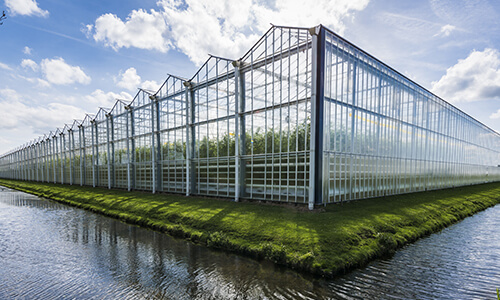Societal, environmental and economic aspects
When we propose to use innovations such as new breeding techniques it is important that concerns of society including ethical, environmental and economic aspects of the technology are acceptable by both the general public and policy makers.
For the innovative breeding approaches of CAPITALISE to become successful, this societal acceptability needs to be considered. We will do this by engaging with stakeholders and citizens to assess the impact of CAPITALISE technologies. This work will also support the codesign with citizens of the CAPITALISE future research and innovation roadmap.
Citizen focus groups will be established to identify citizen concerns related to biotechnology tools in crop development, the needs for education on non-GM and Gene Editing crop science, related to food and crop safety. These groups will be set up in 3 EU countries with different approaches to agriculture (Netherlands for North Western Europe, Italy for Mediterranean Europe and Czechia for Central Europe). This will deliver an overview of most important potential objections and their drivers. A societal acceptance survey will be conducted in the same countries as the focus groups to investigate the differing scopes and the influence of trust in politics, industry and science on acceptance or rejection of benefits of accelerated breeding.
We see it as being essential that CAPITALISE conforms to responsible research and innovation guidelines. We also need to ensure that the public and policy makers see what we are doing as being ethical and in the best interests of the society.
Read more about

Stakeholders
